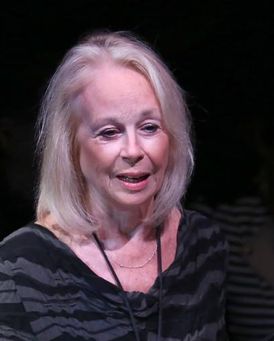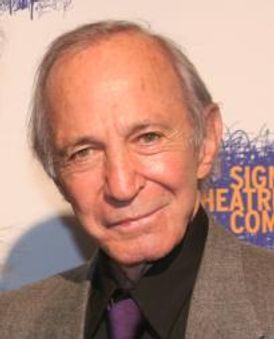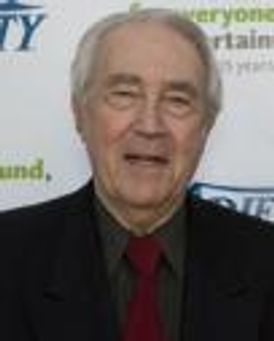"Who's Afraid of Virginia Woolf?" is a powerful and disturbing drama written by Edward Albee in 1962. It explores the complexities of a troubled marriage through a night of bitter arguments, manipulation, and emotional cruelty The play centers on a middle-aged couple, Martha, the daughter of a wealthy college president, and more...
Maureen Anderman, who has a distinguished career with notable performances in productions such as "Seascape" and "The Lady From Dubuque," also graced the stage in "Who's Afraid of Virginia Woolf?" on Broadway. more...
(Applause Books)
Ben Gazzara, known for his extensive work in film, television, and theater, brought his formidable talent to the stage in the 1960s, a period during which he starred in numerous notable productions, including the original production of "The Strange Case of the Three Sisters" in 1965, showcasing his versatility and commitment to the craft. more...
(Applause Books)
(Applause Books)
(Applause Books)
Awards and Nominations
1977 Tony Awards
Best Performance by an Actor in a Leading Role in a Play: Ben Gazzara was nominated but did not win.
Best Performance by an Actress in a Leading Role in a Play: Colleen Dewhurst was nominated but did not win.
1976 Drama Desk Awards
Outstanding Actor - Play: Ben Gazzara was nominated but did not win.
Production Team
Edward Albee Director
Jane Greenwood Costume Designer
William Ritman Lighting Designer
Scenic Designer
Videos






